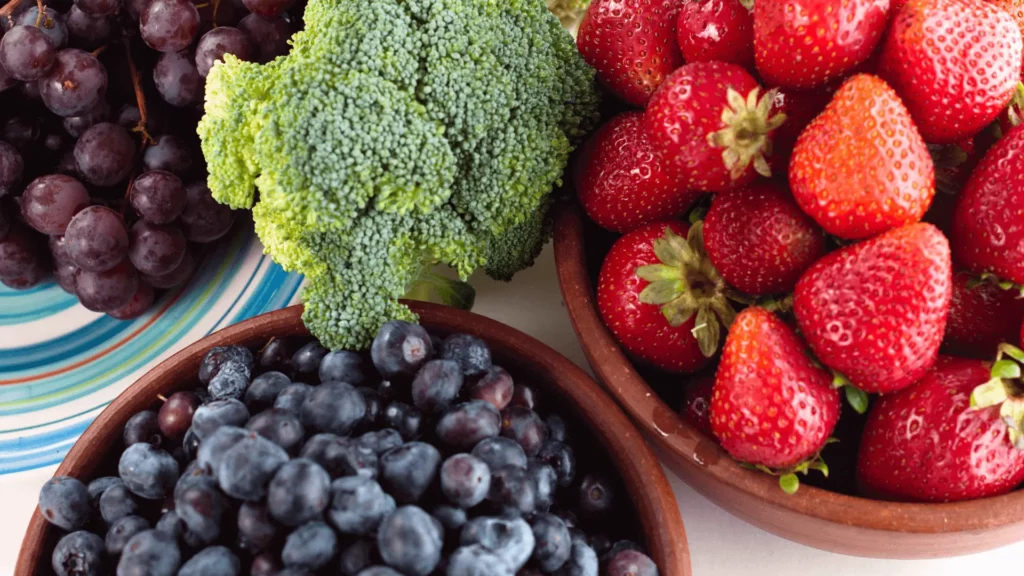
Cancer is a complex disease that affects millions of people worldwide. While there are many factors that can contribute to the development and progression of cancer, research has shown that nutrition plays a significant role in both cancer prevention and management. In this blog, we will explore the importance of nutrition in cancer prevention and management.
Nutrition and Cancer Prevention:
Antioxidants: Antioxidants are compounds that can help prevent damage to cells caused by free radicals, which are molecules that can contribute to the development of cancer. Foods that are rich in antioxidants include berries, leafy greens, nuts, and whole grains.
Fiber: A diet that is high in fiber has been linked to a lower risk of several types of cancer, including colorectal cancer. Foods that are high in fiber include fruits, vegetables, whole grains, and legumes.
Plant-based Foods: A diet that is rich in plant-based foods, such as fruits, vegetables, and whole grains, can help reduce the risk of several types of cancer. These foods are high in nutrients and antioxidants that can help prevent damage to cells.
Quality animal proteins: unprocessed lean or fatty animal sources like chicken, turkey, beef or fish are extremely nutrient dense and help the body fight the disease.
Healthy Fats: Omega-3 fatty acids, which are found in foods such as fatty fish and nuts, have been shown to have anti-inflammatory properties that can help reduce the risk of cancer.
Processed carbs and refined sugars: such foods that are low fiber and high in glycemic index values are the most detrimental to cancer, and should be avoided as much as possible.

Nutrition and Cancer Management:
Maintaining a Healthy Weight : Being overweight or obese has been linked to an increased risk of several types of cancer. A healthy diet that is rich in whole foods and low in processed foods can help individuals maintain a healthy weight.
Managing Side Effects of Treatment: Certain cancer treatments, such as chemotherapy and radiation, can cause side effects that affect appetite and digestion. A registered dietitian can provide guidance on how to manage these side effects through changes in diet and lifestyle habits.
Boosting Immune Function: A diet that is rich in nutrients and antioxidants can help boost immune function, which is essential for cancer management. Foods that are high in vitamin C, vitamin D, and zinc can be particularly beneficial for immune function.
Conclusion:
Nutrition plays a significant role in both cancer prevention and management. A diet that is rich in whole foods, plant-based foods, quality animal proteins, antioxidants, and healthy fats can help reduce the risk of cancer and support the body during cancer treatment. By working with a registered dietitian, individuals can develop personalized nutrition plans that address their unique needs and goals, and help them optimize their overall health and wellbeing.


